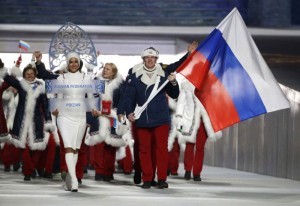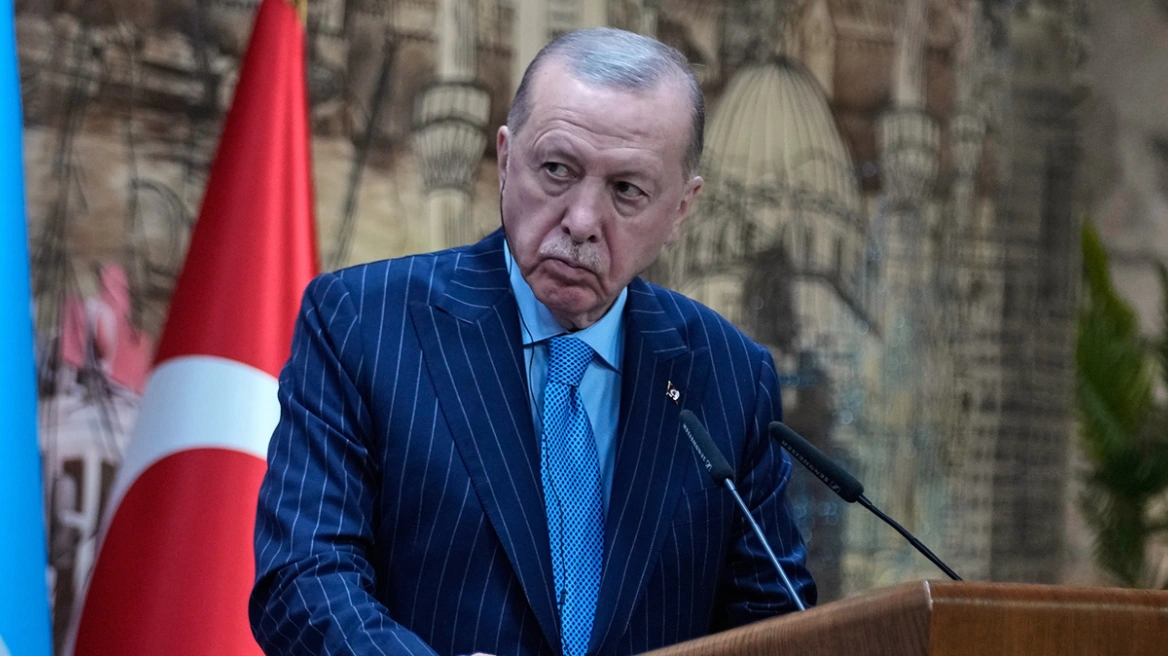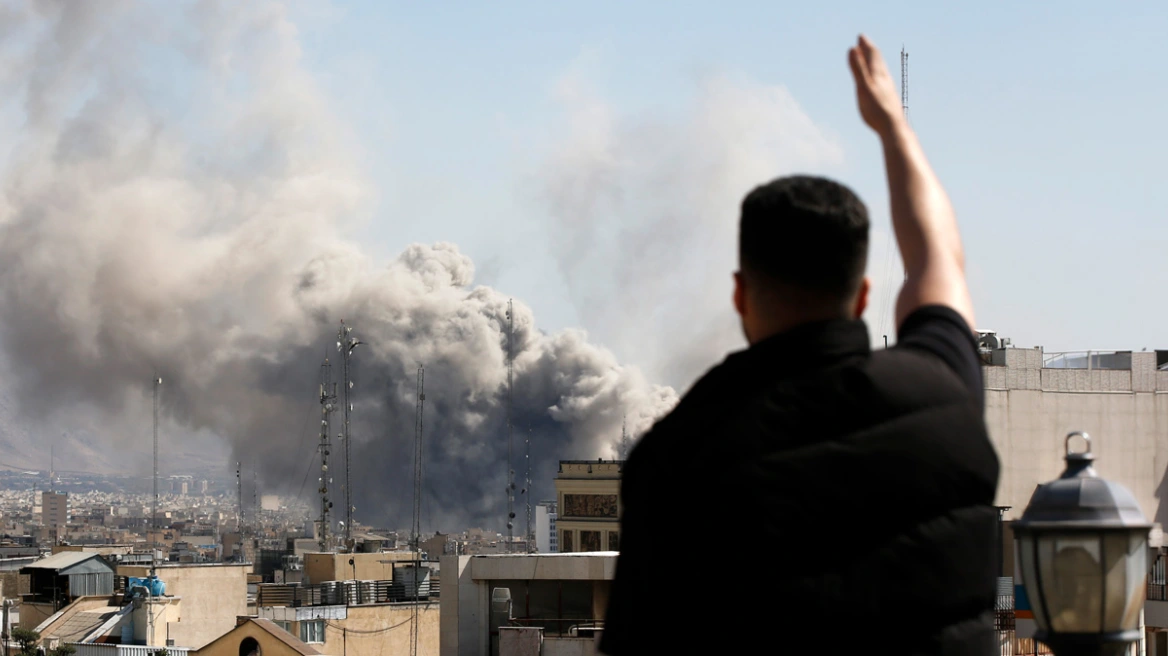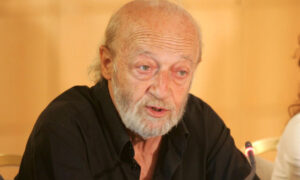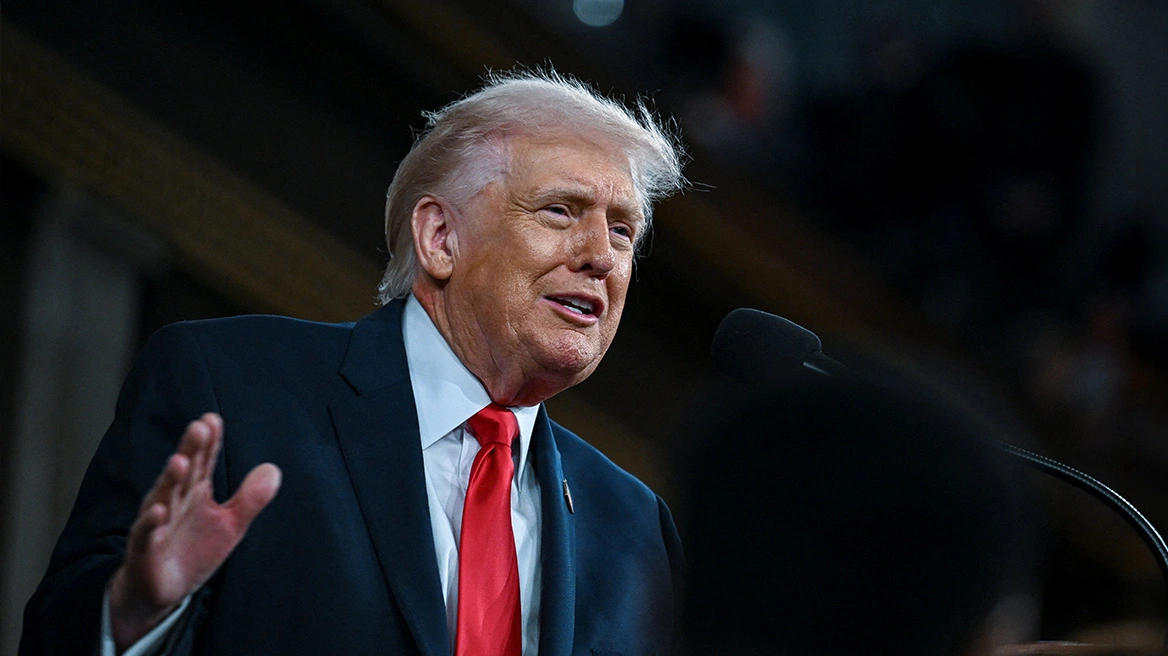After meeting in Lausanne, Switzerland on Tuesday, a 14-person International Olympic Committee panel announced it has banned Russia from the 2018 Winter Olympics in PyeongChang. The panel had been mulling a confidential IOC report that detailed Russia’s official doping program during the 2014 Sochi Olympics, and the extensive cover-up.
As a result of this ban, no Russian officials will be allowed to attend the games. Their flag will be excluded from any display, and if any Russian athletes are given permission to attend, they won’t be competing under the Russian flag. They’ll compete under a neutral flag, and any medals they win won’t be credited to Russia.
This ban was a long time coming. The McLaren Report, released in two parts by the World Anti-Doping Agency in July and December 2016, detailed the doping and subsequent cover-up by the Russian state. It started as far back as 2011 and involves at least the 2012 Olympics in London and the 2014 Olympics in Sochi, though the IOC panel was only asked to rule on the doping that occurred during the 2014 Olympics. Over 1,000 athletes were involved.
The doping, and the hiding of the doping, were extensive. At one point, small rods were used to pry open the sealed tops of urine testing containers, fluids were switched and the caps replaced, with the containers being exchanged through small holes in a wall. Russian officials would add substances like salt to the clean, switched urine samples to make them appear more real. This is just the tip of a very elaborate iceberg of doping and cover-ups.
On top of that, according to the World Anti-Doping Agency, Russia’s anti-doping organization (Rusada) was not compliant with WADA’s rules as of last month. Add it all together, and the IOC had no choice but to act in some way, and they chose to enact a full-scale ban.
There were other punishment options. The IOC panel could have simply fined Russia, which would have amounted to a slap on the wrist. There were also scenarios that could have resulted in some Russian athletes competing if they met certain standards of testing, or the individual Winter Sports governing bodies could have examined and permitted individual Russian athletes to compete.
The ban is far from the end of the story, though. Russia can appeal this decision to the Court of Arbitration for Sport, and the country is considering an all-out boycott. In fact, Russian President Vladimir Putin has said that an all-out ban would be “humiliating” for Russia, and could possibly provoke a boycott. Of course, since Russia is now completely banned from the games, a boycott doesn’t really seem like it would be that effective.
Source: yahoo.com
Ask me anything
Explore related questions
